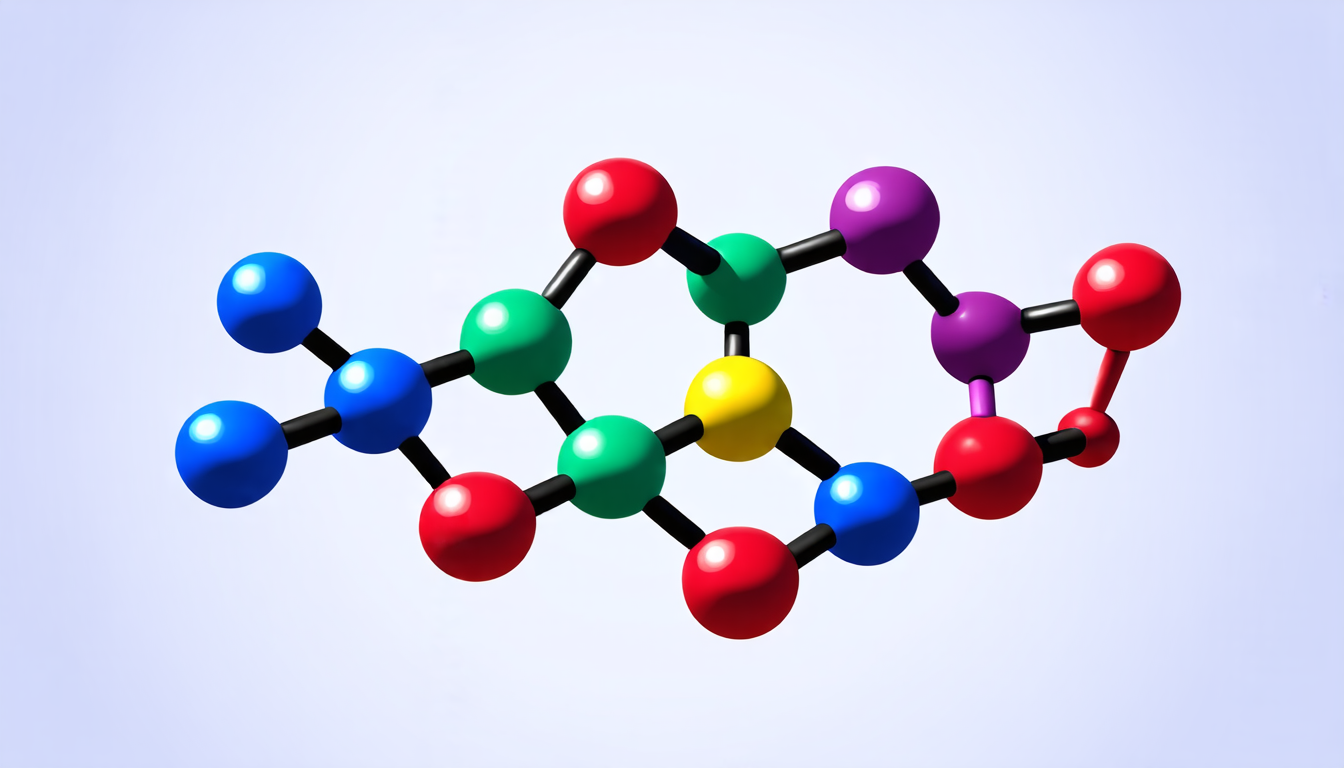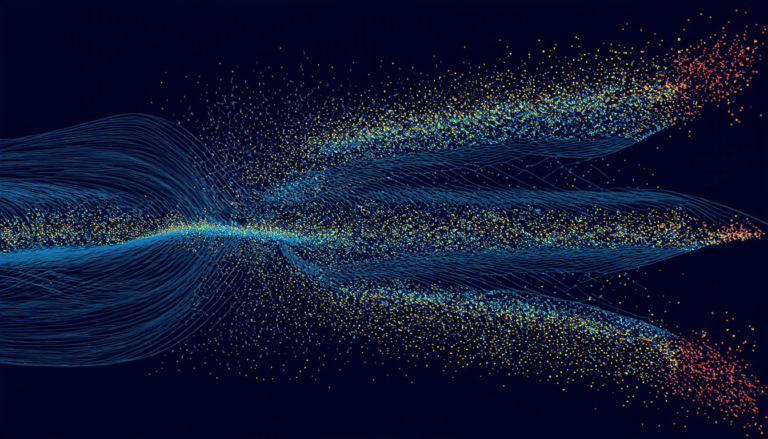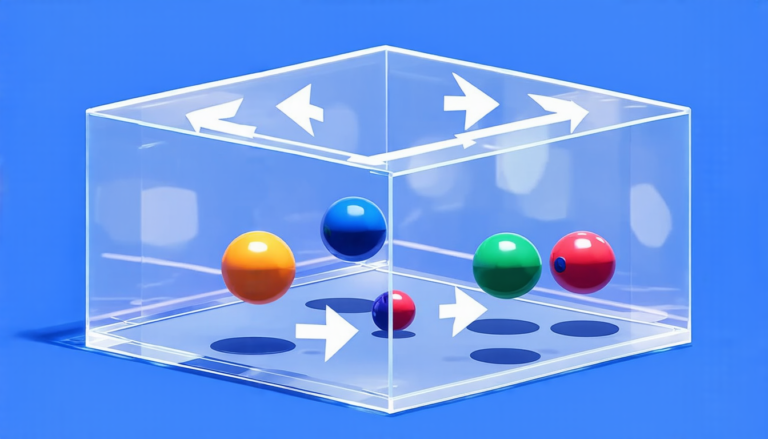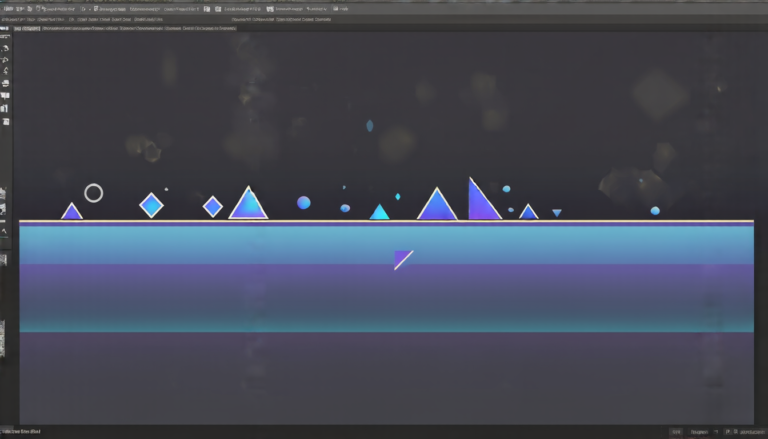Sunday 13 July 2025
A team of researchers has made a significant breakthrough in the field of quantum computing, demonstrating a new approach to solving complex optimization problems using trapped-ion quantum processors. The method, known as bias-field digitized counterdiabatic quantum optimization (BF-DCQO), has been shown to be highly effective in tackling challenging problems such as protein folding and MAX 4-SAT instances.
Protein folding is a fundamental biological process that involves the complex arrangement of amino acids into specific three-dimensional structures. This process is crucial for the proper functioning of proteins, which are essential molecules in many cellular processes. However, understanding and predicting protein folding is an extremely challenging task, as it requires navigating vast energy landscapes to find the lowest-energy configuration.
The researchers used a trapped-ion quantum processor, developed by IonQ, to implement BF-DCQO. This type of processor uses individual atoms or ions that are trapped in electromagnetic fields to store and manipulate quantum information. The team demonstrated their method on protein folding problems involving up to 12 amino acids, which is the largest hardware implementation of such problems reported to date.
The results show that BF-DCQO can consistently find optimal solutions for these complex problems, outperforming classical algorithms and other quantum optimization methods. This achievement has significant implications for our understanding of biological processes and could potentially lead to breakthroughs in fields such as medicine and biotechnology.
In addition to protein folding, the researchers also applied BF-DCQO to MAX 4-SAT instances, a class of problems that are known to be difficult for classical computers to solve. The method was able to find optimal solutions for these problems, demonstrating its versatility and effectiveness in tackling different types of optimization challenges.
The development of BF-DCQO is an important step forward in the quest for practical applications of quantum computing. As researchers continue to push the boundaries of what is possible with trapped-ion quantum processors, we can expect to see more innovative solutions emerge that could have a significant impact on various fields of science and technology.
Cite this article: “Quantum Leap: Researchers Develop New Approach for Solving Complex Optimization Problems Using Trapped-Ion Quantum Processors”, The Science Archive, 2025.
Quantum Computing, Trapped-Ion Quantum Processors, Protein Folding, Max 4-Sat, Optimization Problems, Bias-Field Digitized Counterdiabatic Quantum Optimization, Quantum Processors, Ionq, Amino Acids, Biological Processes.







